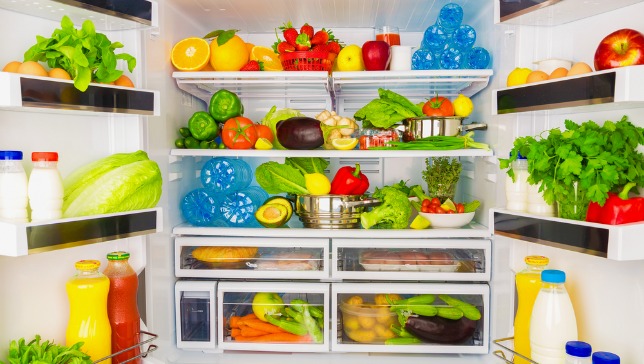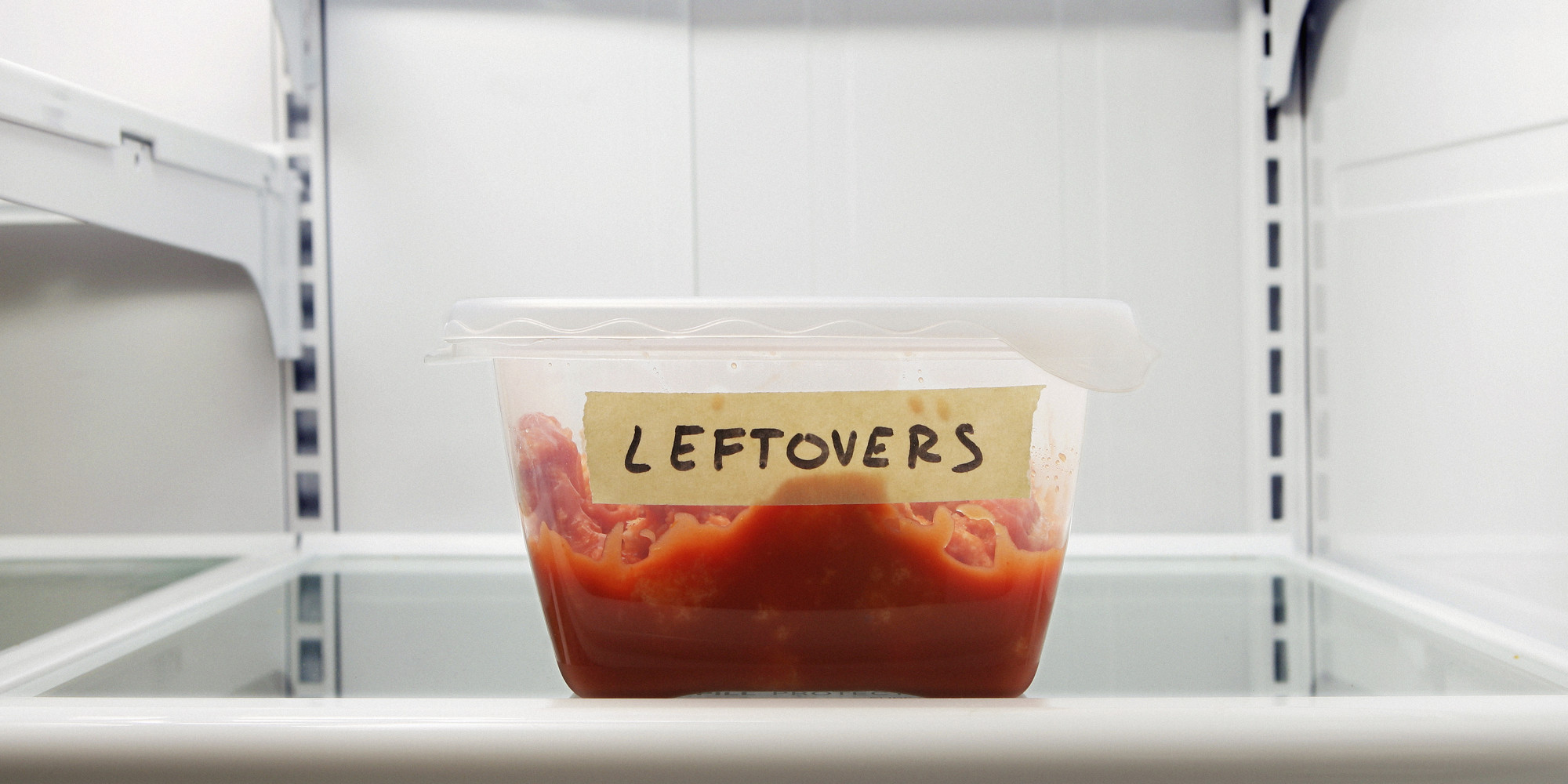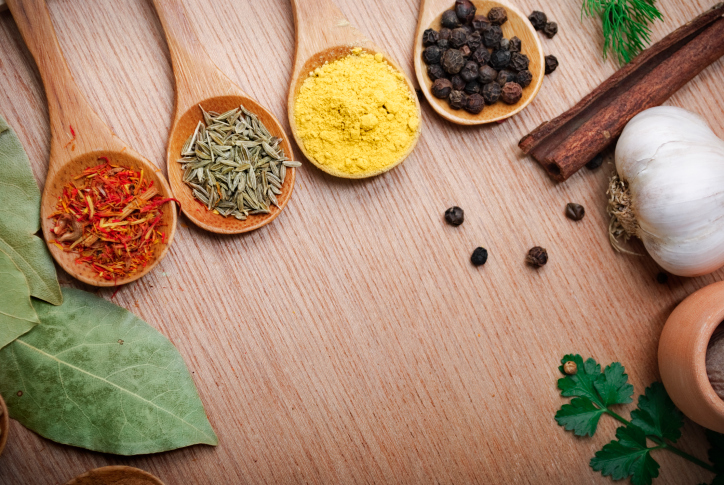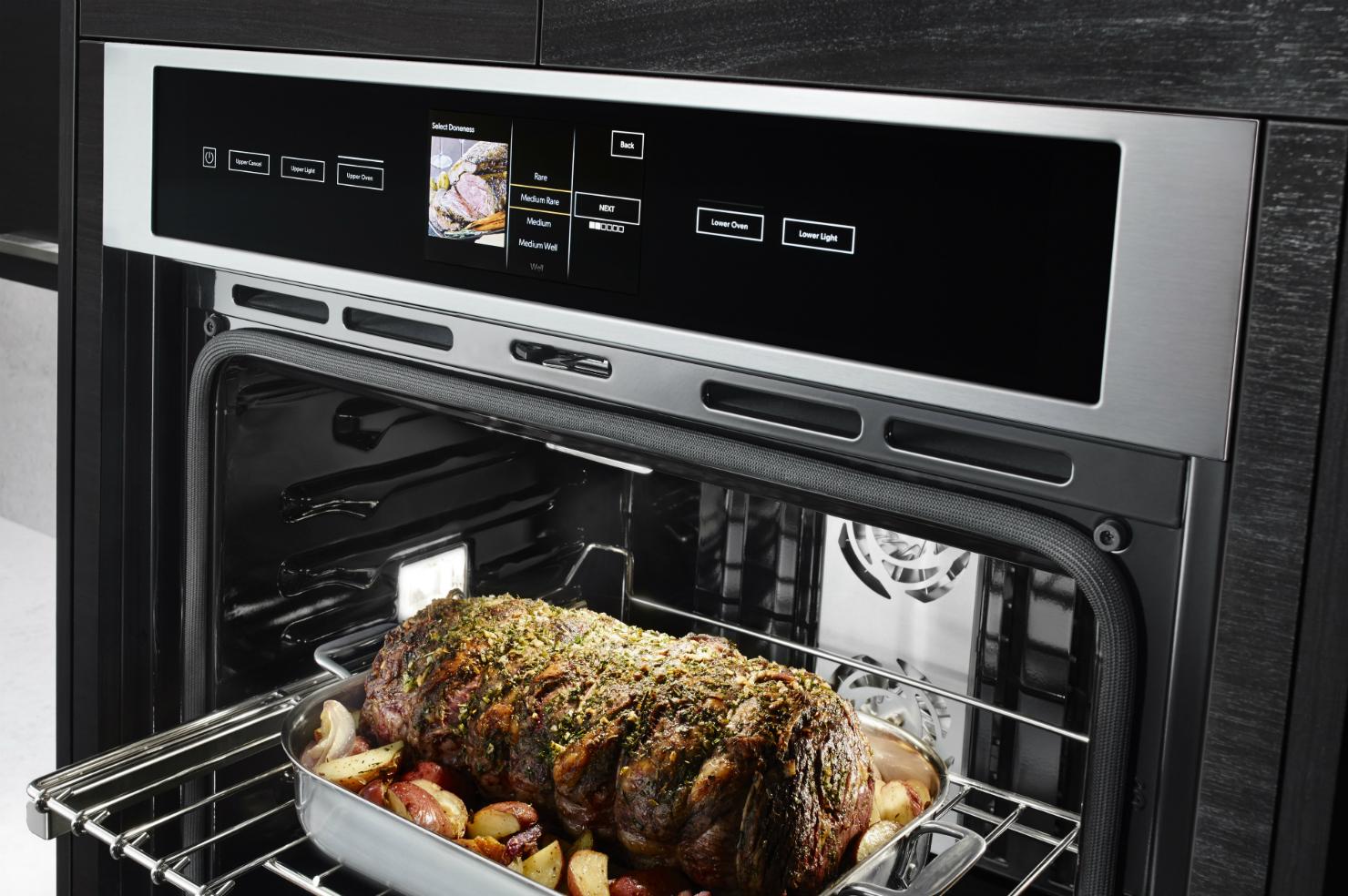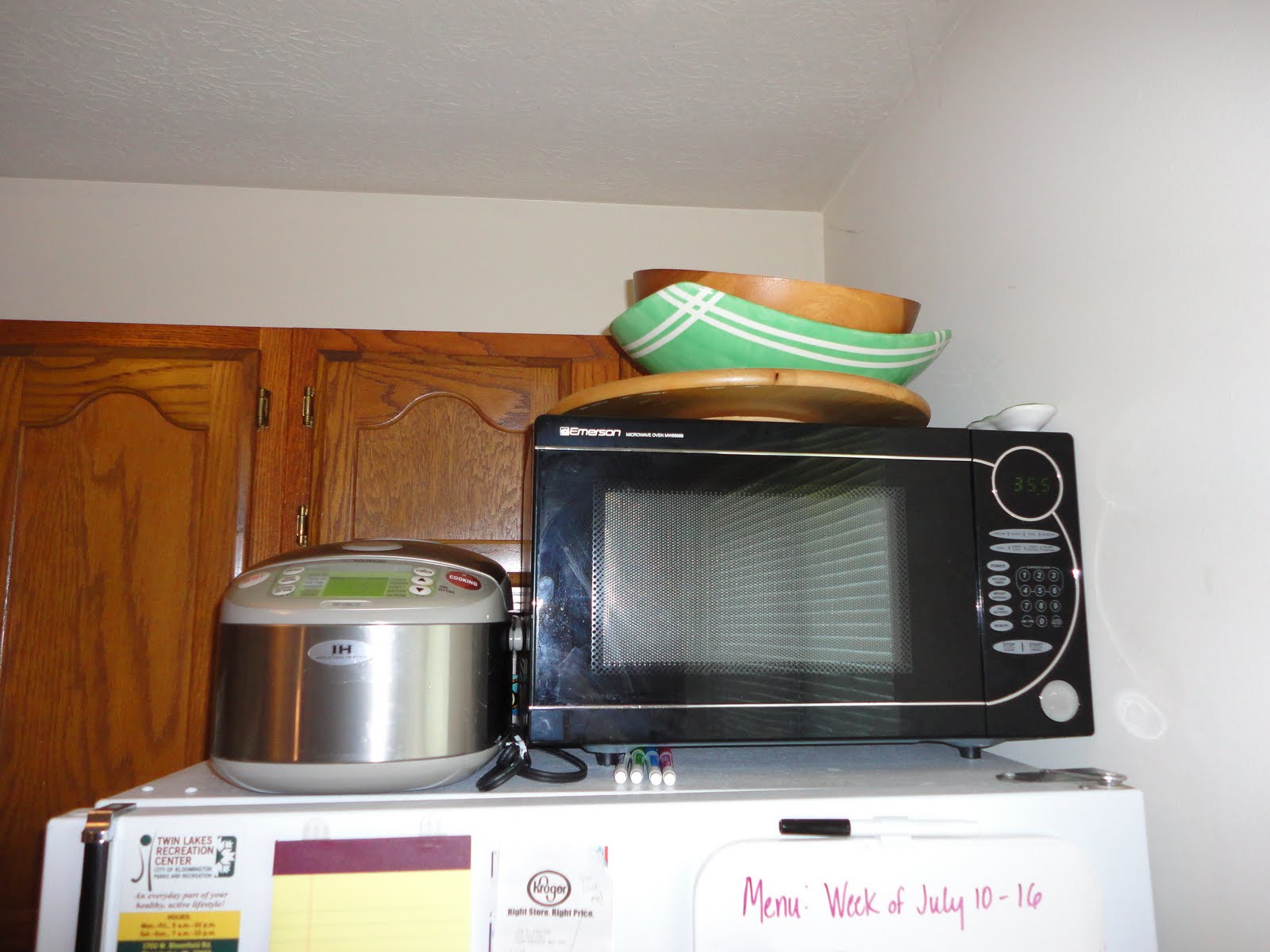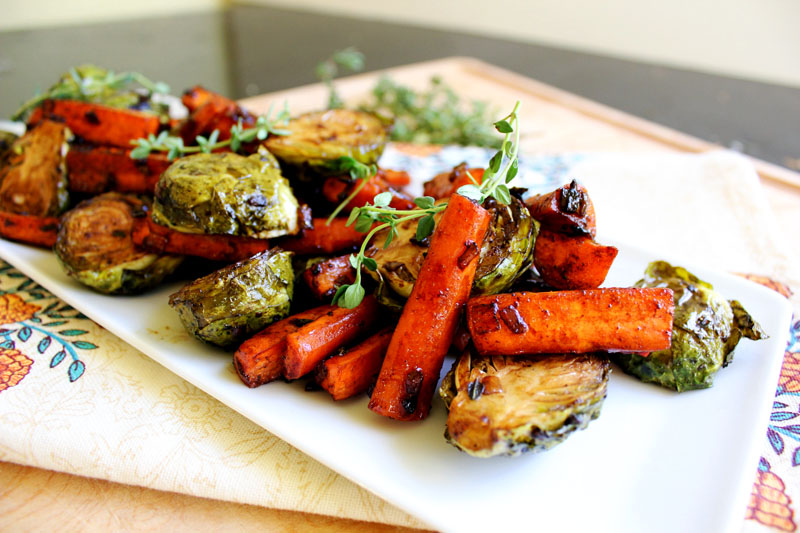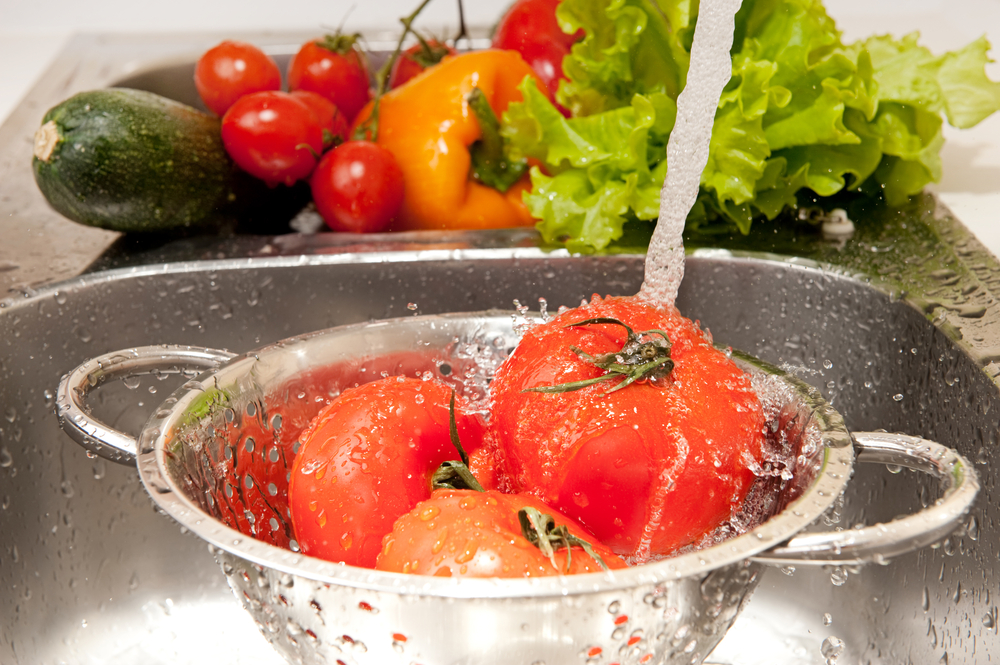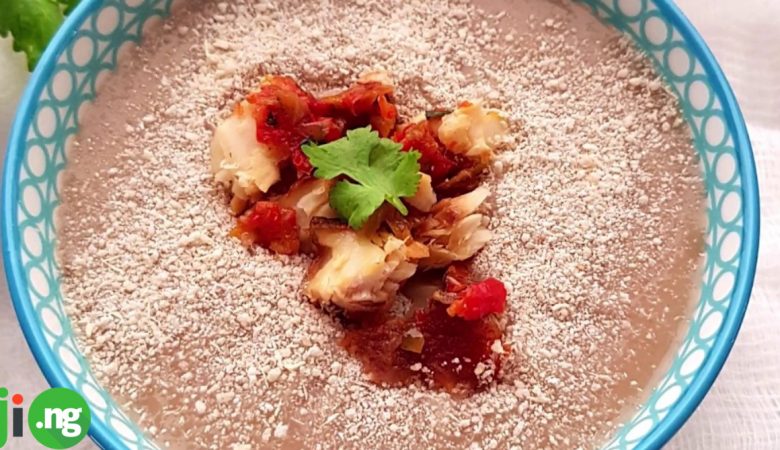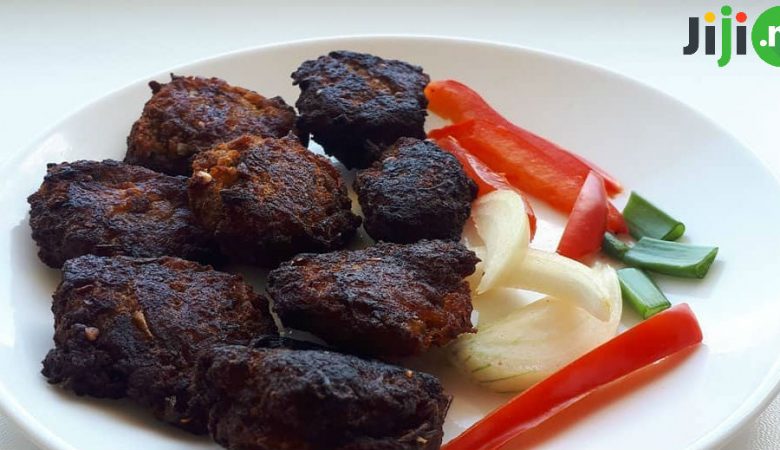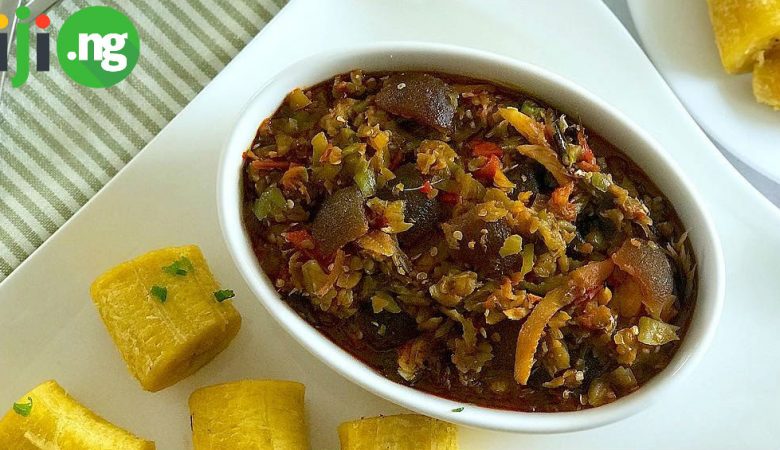There are not too many people who are truly gifted cooks and can master any dish without even looking at the recipe. Most of us need to put quite a lot of effort into becoming a decent cook, so that our family could always take advantage of the freshest, healthiest, and most delicious meals. However, the path to being a brilliant cook is often rocky and you are almost guaranteed to make some mistakes along the way. With our guide to most common kitchen missteps it will be easier for you to avoid cooking disasters.
1. Storing fruits and vegetables together
Keeping produce fresh in the fridge is something that every home cook is familiar with, but many amateur cooks make the same mistake: they throw veggies and fruits together in one fridge compartment. Unfortunately, many fruits such as bananas and apples emit ethylene gas, which is known to make fruits and vegetables prematurely ripe and eventually spoil them. If you want your tomatoes, peaches, peppers, and other delicious produce to stay fresh for as long as possible, keep the fruits separately from the veggies in the same fridge.
2. Storing hot food wrong
It’s natural to have leftovers after a big dinner; a lot of cooks even make more food than they need to take the leftovers to work next day or turn them into a hassle-free lunch. But there is one important rule in packing hot food into the fridge: you should never put hot food into a plastic container and put it in the fridge instantly. You can either use a glass or ceramic container, or let the food cool down in a bowl before putting it into a plastic container and stocking it in the fridge.
3. Trying to use every bit of herbs and spices
Spices are fairly expensive, which is why many cooks are tempted to get the most out of their herbs and spices before buying new ones. Although spices can be safely stored for years, after a year or two they start to gradually lose their flavour, which causes them to taste bland and not add anything to the taste of the finished dish. You can avoid this by buying herbs in spices in the smallest possible doses, like a couple of spoonfuls. Also you can throw out the old spices without regret and replace them with fresh ones.
4. Constantly opening the oven
Checking in on the food in the oven is a normal thing to do, especially if you’re cooking a heat-sensitive dish like pastry or meat. But opening the oven door too many times will cause the temperature inside the oven to drop significantly, which will in turn negatively influence the cooking process for your dish: the meat can turn out to be rare, and the cake has a chance of staying liquid in the middle and burned on the outside. Check what’s going on inside the oven using the oven light.
5. Keeping food on the fridge
At first storing things that don’t need to stay cold above the fridge seems like a good idea – after all, it’s free space and the food can’t go bad quickly. However, it’s important to know that even the newest models of fridges emit heat, and the longer the fridge works, the more heat goes out, which means that the food you thought could be stored for weeks will actually spoil much faster. This is especially true for bread, baked goods, wine, and fresh produce.
6. Roasting vegetables at high temperatures
We all love our veggies to have a crisp texture on the outside and a tender middle part. Many cooks turn their oven to maximum temperature in an attempt to get the desired crisp on the vegetables. However, if the roasting temperature is too high, you risk burning the veggies on the outside while keeping them raw inside – not only will they taste weird, but they will also lose their nutrients. Avoid overcooking the veggies by setting the right temperature in the middle range and adjusting the cooking temperature and time for each particular vegetable. For example, whole potatoes require higher temperature and longer cooking time than sliced carrots or peppers.
7. Washing produce right away
When you come home from the store or the market with bags full of delicious fruits and vegetables, the next logical step seems to be washing them and putting them into the fridge or on your kitchen counter. But the truth is that washing produce makes it prone to growing mold or becoming spoiled too fast. The solution here is to store the vegetables and fruits unwashed and wash them directly before eating or cooking, with one exception – due to their unusual texture, mushrooms shouldn’t be washed; instead give them a good rub with a damp towel.

